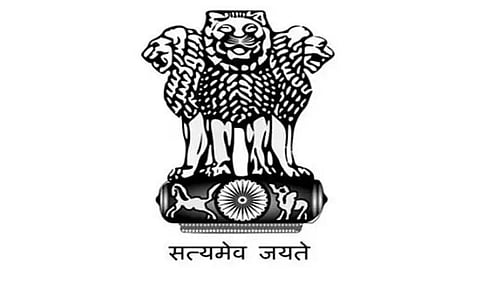
- Home
- Live Blog
- Breaking News
- Top Headlines
- Cities
- NE News
- Sentinel Media
- Sports
- Education
- Jobs

The Assam government has reiterated its commitment on the floor of the State Assembly to implement the Assam Accord in letter and spirit but with a twist. The State government pushed for amended Long-Term Visa rules to justify the spirit of granting citizenship to Hindu, Sikh, Jains, Christians, and Buddhists under the Citizenship (Amendment) Act (CAA), 2019. The argument put forward by the State Government is that such visa holders belonging to these communities are entitled to get government jobs, buy land, and do business. As they are going to stay in the state and are not supposed to be deported, the enactment of the CAA for granting them Indian citizenship to them is only to facilitate their permanent settlement. This position goes against a core clauses of the Accord – Clause 5, which stipulates that all illegal Bangladeshi migrants, irrespective of their religions, who came to the state after the cut-off date of March 24, 1971 are to be detected, their names are to be deleted from electoral rolls and expelled from the country. Given the stated official position of the ruling Bharatiya Janata Party and the coalition government led by the party, the position of the State government on the floor of the Assembly is not surprising. However, the State government cannot lose sight of the fact that these issues are not yet settled legally as petitions challenging The Passport (Entry into India) Rules, 2015 and CAA are pending before the Supreme Court. The apex court has till now upheld the provisions in the Clause 5 incorporated in the Citizenship Act, 1955 when the legal issues relating to determination of Indian citizenship in Assam for the purpose of updating the National Register of Citizens (NRC) in the state came before it. The Supreme Court, however, clarified that updating the NRC in accordance with cut-off date of Assam Accord is subject to the judgment of the Constitution Bench on provisions of two sections of the Citizenship Act – Section 3 and 6 which were based while determining the eligibility of NRC applicants for determining eligibility for inclusion in the updated list in accordance with the cut-off date for identification of foreigners in the Accord. The State government in a Status Report on implementation of the Accord, informed the House on the first day of the four-day Monsoon session that after the scrapping of the erstwhile Illegal Migrants (Determination by Tribunals) Act, 1983 five Acts have been used in detection and expulsion of illegal migrants. These five Acts are – The Foreigner's Act, 1946, The Passport (Entry into India) Act, 1920, Passport Act, 1967, The Immigration (Expulsion from Assam) Act, 1950 and the Citizenship Act, 1955. The State government explained that the 'The Passport (Entry into India) Rules, 2015' allows granting long-term visas to the migrants belonging to the five communities coming till December 31, 2014 from Bangladesh, Afghanistan, and Pakistan. In respect of the NRC, the State government, however, informed the House that it has filed an affidavit in the apex court for seeking verifications of 20 per cent NRC data in the districts bordering Bangladesh and verification of 10 per cent data in other districts to ensure a correct updated citizens' list. The State Government indicated that it would wait for settlement of the issue by the apex court in respect of the NRC. Even as one year has elapsed since the publication of the updated NRC list, the question of citizenship of over 19 lakh NRC applicants excluded from the updated register is in an undecided state as the process of enabling them to file appeal before the tribunals are yet to start. Another argument pushed by the State Government in support of the CAA in the Assembly is that none of the state's over 26,000 villages reported settlement of a single Hindu Bangladeshi coming to the state after the cut-off date of December 31, 2014 after enactment of CAA. This, the government insists, punctures holes into the campaign that enactment of CAA would lead to lakhs of Hindu Bangladeshis entering and settling down in the state. The State government's push for CAA on the floor of the Assembly will be construed as an attempt to manufacture consent for the cut-off date of December 31, 2014 applicable for Long Term Visa to the five communities from Bangladesh and a clear departure from its commitment to implement the historic accord in letter and spirit and honouring every single clause in its entirety. As these issues are pending before the apex court the challenge before the House is to ensure that the deliberations on the floor do not lead to a jurisdictional conflict between the judiciary and legislature. Lack of clarity in government's position on the accord which is now in a legal quagmire has put the indigenous people in a quandary.